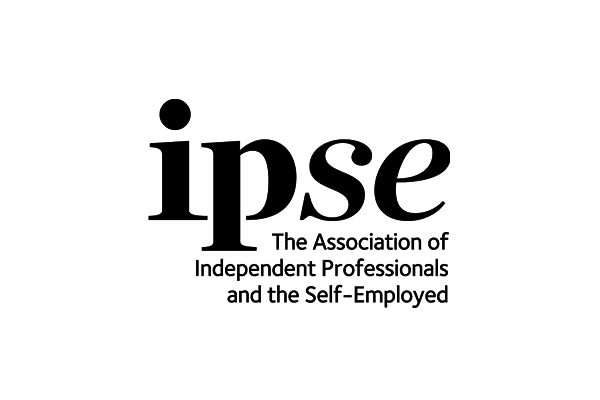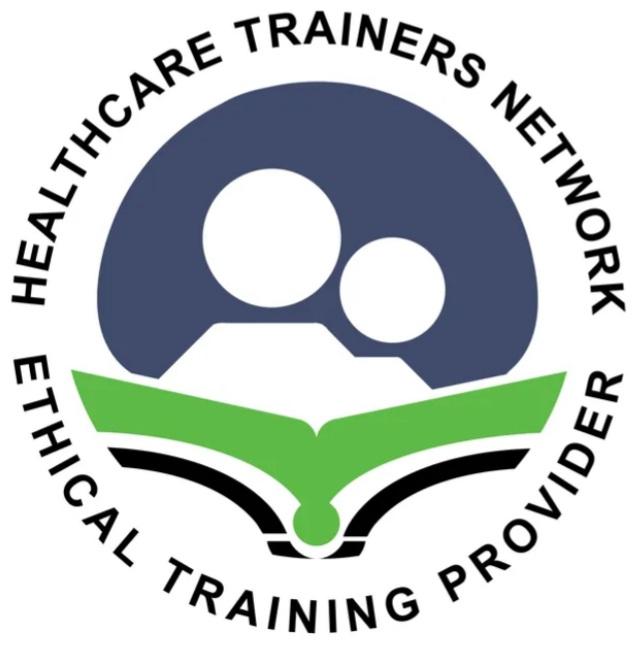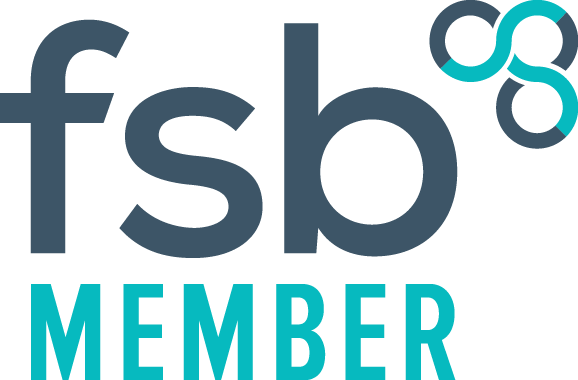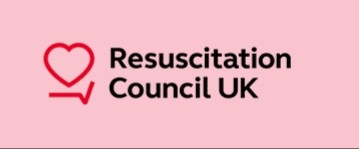Mental Health First Aid
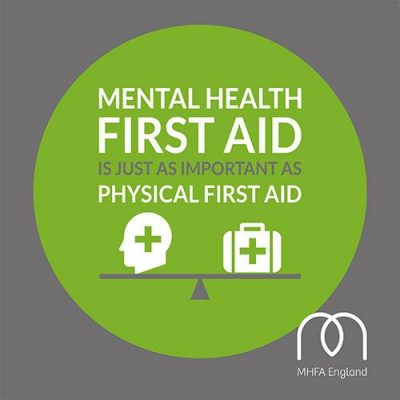
Mental Health First Aider - Trained by recognised national organisation (MHFA) England.
New resources to support the nation’s mental health dated 6th April 2020
Dear John,
As someone with Mental Health First Aid England skills, you have a valuable role to play in supporting others who are struggling with the difficulties that COVID-19 has created.
You may already be providing Mental Health First Aid support remotely to friends, family, colleagues, and neighbours. Hopefully, you will also be doing all you can to look after your own mental health. To help with this, we have brought together a range of resources.
Thank you for your continued help to improve the mental health of the nation. The role you are playing right now cannot be underestimated.
New and updated resources
MHFA England
About mental health
What is mental health?
The WHO World Health Organization definition of health is as follows:
“…a state of complete physical, mental and social well-being and not merely the absence of disease or infirmity”.
Health is a resource for our everyday lives, not the objective of living. It’s a positive concept highlighting social and personal resources as well as physical capabilities.
Mental health is part of our overall health. We all have it, but what is it?
There are many ways of defining mental health.
Some definitions emphasise a positive psychological state of well-being, whereas others see it as the absence of mental health issues or mental illness.
The WHO World Health Organisation definition of mental health is as follows:
“…a state of well-being in which every individual realises his or her own potential, be able to cope with the normal stresses of life, can work productively and rewardingly, and is able to make a contribution to their community”.
Another definition explains it as:
“Mental health influences how we think and feel about ourselves and others and how we interpret events. It affects our capacity to learn, how we communicate, and to form, sustain and end relationships. It also influences our ability to cope with change, transition and life events, such as: having a baby, moving to a new house, experiencing bereavement”.
Is mental health always stable? No! like physical health, mental health is constantly changing. It’s unpredictable and influenced by a range of factors.
Are mental health issues and mental illness the same? No! although we often only think of mental illness. Your mental health is much more than the absence of any mental illness.
What is mental ill health?
There are many terms we could use when our mental health isn’t so good.
We have a preference to use the terms ‘mental health issue’ also ‘mental ill health’ we use ‘mental illness’ only to refer to a diagnosed condition, such as: anxiety disorder.
A ‘mental health issue’ is a broader term which includes experiences that might not qualify for a diagnosis, includes diagnosed illnesses.
NB: I do not profess to be a trained psychologist
Available to signpost or provide support if you know someone is experiencing a mental health crisis.
You can help by following the CARE steps:
C - Check for significant risk of suicide or harm
Look for signs of stress.
A - Apply non-judgemental communication
Listen to what they say with your undivided attention.
R - Reassure and provide information
Let them know that it's okay to talk about their feelings.
E - Encourage professional support
Signpost to their GP in the first instance.
FIRST AID ACTION PLAN
CONTACTS:
NHS 111 for non life-threatening emergencies.
If someone is in immediate danger to themselves and/or to others, dial 999 for an ambulance or go to the nearest hospital A&E department.
SAMARITANS: dial 116 123 confidential advice and support.
MIND: mental health A-Z information.


